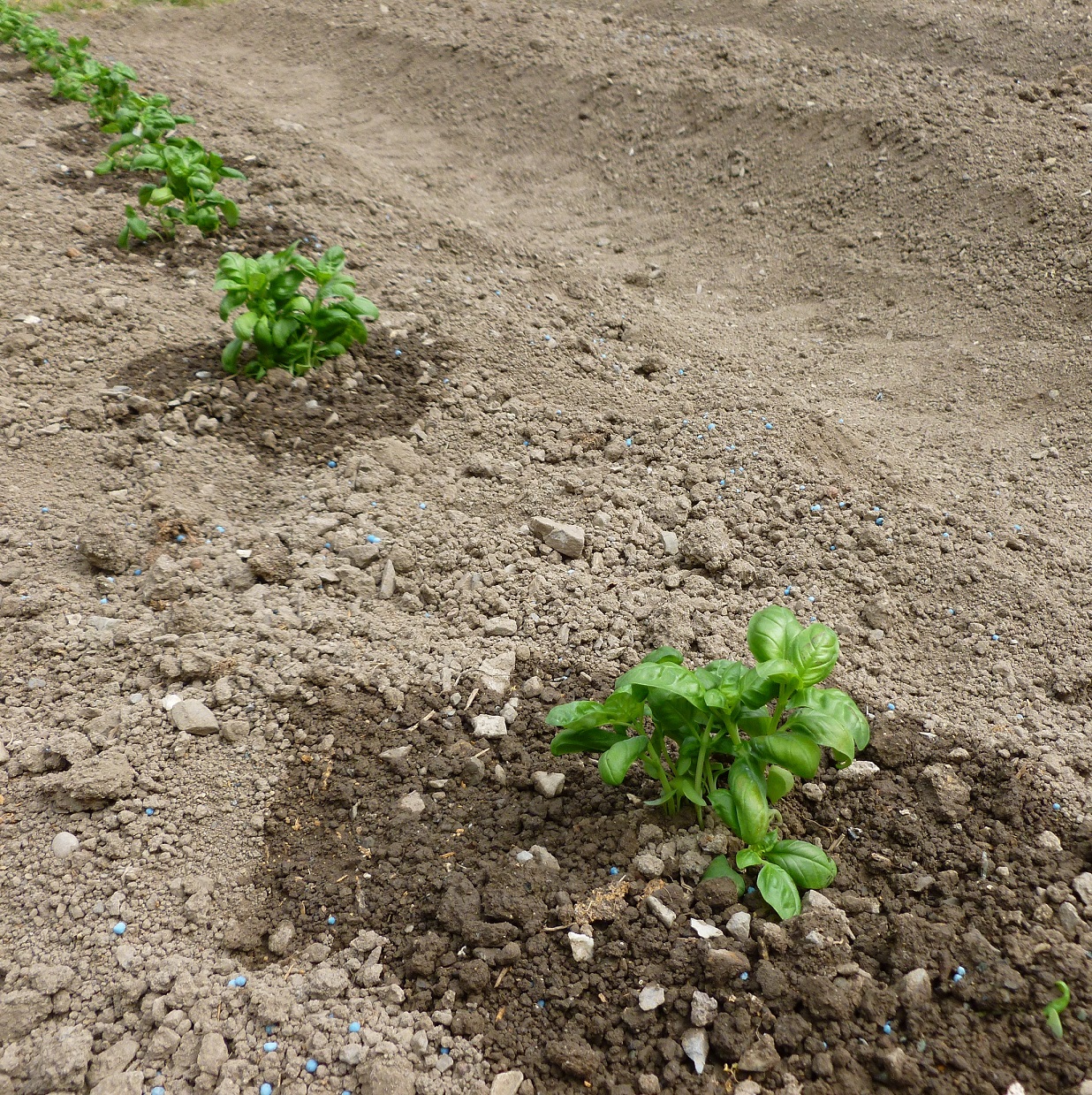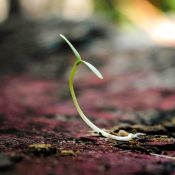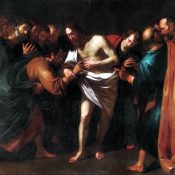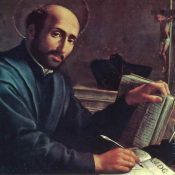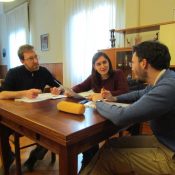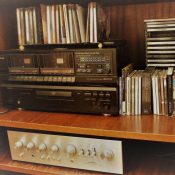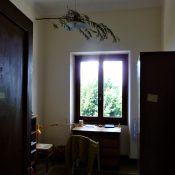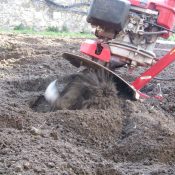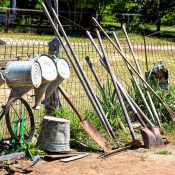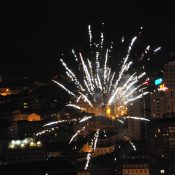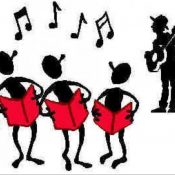It’s 6:15. It’s the morning of Easter Sunday. With a companion we are on the roof of our house, waiting for the sun to come up. It’s a bit cold and for the moment it’s not at all obvious that it was a good idea to get up so early to see something as trivial as dawn. It happens every day, maybe we’d better to go back to bed…
It’s been some intense days: Holy Week, the Triduum, the Easter Vigil. Now, in silence, the words, the images of the liturgy, the phrases of the readings and the memories of what I experienced in prayer return to my mind and to my heart.
“Those birds, listen! As if they were singing for us, as if they were giving the announcement: he is risen, hallelujah!”. And indeed there is something particularly beautiful and joyful about this concert.
The position of the novitiate does not allow one to see the rising sun at once, because it looks westward. I thought it wouldn’t be the same thing to see the sunrise like that. Then a passage from the “Spiritual Exercises” came to mind, where Saint Ignatius invites us to experience the presence of the Risen in our lives through his true and holy effects. It is true, even though the sun is not really visible, the light occupies an ever-growing space, the colours come alive and the effects are seen: this is the new encounter.
There is also another encounter. The terrace door opens and another novice approaches. What a surprise! So soon? What are you doing here? We didn’t discuss our plan with him last night. The scene is tremendously similar to another, which we know well… some go looking for the Lord early in the morning, they don’t find him, but then suddenly meet “a stranger”. And from the encounter comes joy, sharing, life, announcement. Is the resurrection really so simple?
It’s not, I think. It’s quite challenging as a thing. But at the same time it has some very everyday characteristics. The Risen Jesus enters into simple, small situations. He walks through closed doors, he enters the fear and needs of everyone, but he asks for new eyes: only in this way can we recognize him.
After half an hour I go down to the kitchen to prepare breakfast. While I am waiting for the coffee to come out, beginning to scent the smell, I am reminded of a poem by a Czech poet, called Vladimir Holan, which expresses very well the feeling I have this morning. I’ll share it with you:
Resurrection
That after this life we must wake up again
with the sound of trumpets and horns?
Excuse me, Lord, but I think
that for all of us the sign of the resurrection
will be the simple song of a rooster…
For a moment longer we’ll stay in bed…
The first one to get up will be mother…
We’ll hear how gently she lights the fire in silence,
how she boils the water,
and as with a daily gesture
takes the coffee grinder out of the cupboard.
We’ll be home again.
In the Gospel the angel carries the message: “Jesus will precede you to Galilee”. To the land of childhood, to the land of the house of Nazareth.
For me, today, where is this house? Where is this Galilee? Where does Christ want to meet me? Perhaps I can begin by paying attention to the hidden noises, the simple song of the roosters, the ordinary little gestures of those who live with me.
Simple and demanding, unthinkably great and found in small things: this Easter invites me to open my eyes, open my heart, looking for the Life, for the Light.
Gellèrt Török, first years novice
